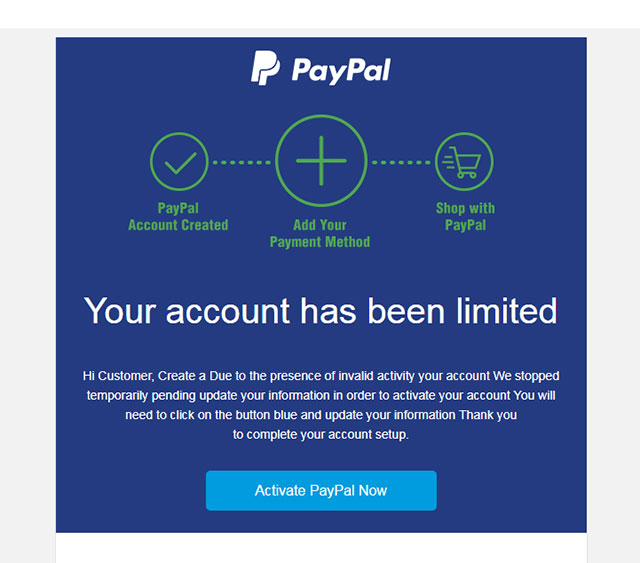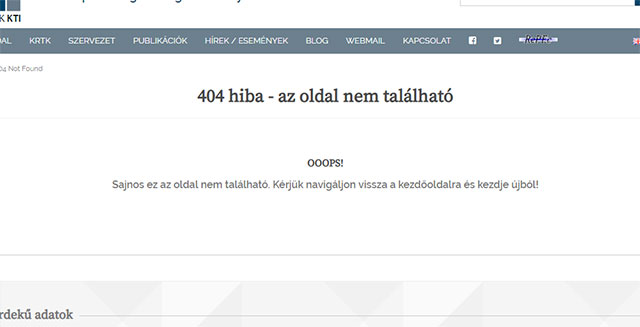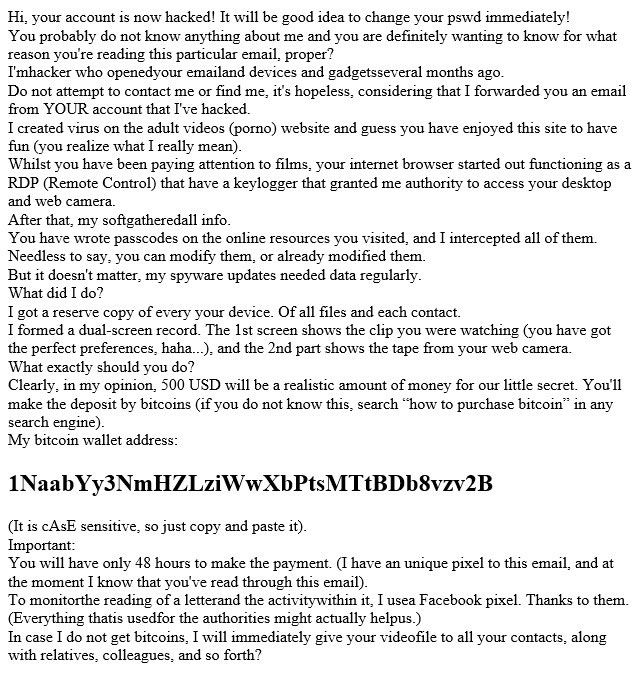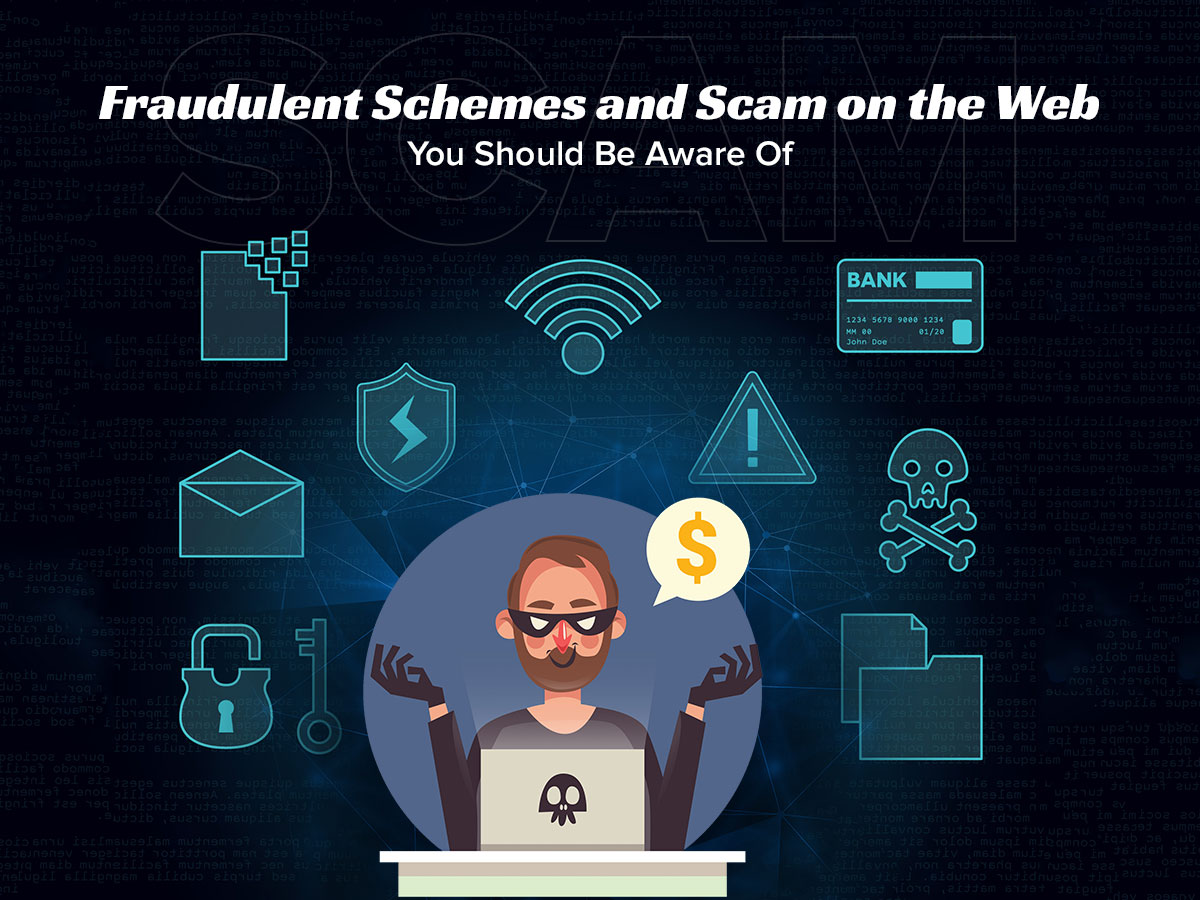Hi, guys! Today I’d love to warn you about two fraudulent schemes that are currently used by email swindlers out there. I’ve personally received those scam letters to my email inbox and just ignored them. They didn’t manage to befool me firstly because I’ve always been too suspicious and still always check everything before taking an action, and secondly, their methods didn’t match my reality.
So now I’ve made up my mind to bring you this information and help you beware of such scams ‘cause, as we know, forewarned is forearmed. Let me unveil the details!
1. PayPal Activation Scam
I’ve been checking a few of my email inboxes and faced the message from PayPal which stated: “Your Account Has Been Limited Until We Hear From You”. The fact is that my PayPal account is active and I was surprised to receive such email.

I’ve heard of such phishing schemes when someone sends a letter from a popular service and encourages a user to click the link in the letter to go to the fake web-page. After that, a user enters their login and password details which then can be stolen by the crooks.
The letter from the scammers looks like this. As you see, its text is not too grammatically correct and includes some punctuation mistakes (this should put you on the alert).

The aim of sending you such a letter is to compel you to insert your PayPal account login details on the fake site and then steal your funds. Such letters are sent in bulk, so you can receive it to the email address you use for PayPal.
As I don’t keep my logins and passwords saved in my browser I resolved to click the ‘Activate PayPal Now’ button and see where I get. As a result, I was sent to the 404 error page of some Hungarian website.

Phishing scams like that scare users and encourage them to act immediately until they are able to think clearly. And I urge you to think very clearly before you take any actions after receiving such a letter.
2. ‘Your Account Was Hacked’ Scam
I received this email twice to two different inboxes. One of them was my official email at WP Daddy and another one was Gmail. It is usually sent in the form of an image including the following text:

Earlier these scammers extorted 1000 USD and now they ask just for 500. How come? Have the wants been diminished? 🙂
As you see scammers claim that your email account has been hacked and you should change your password as soon as possible. They state they’ve sent you the letter from your own email address. To make it look credible, they use a method of forging emails which allows them to utilize the email address of the recipient which also looks like the email of the sender.
Cybercriminals state they have infected your computer with a virus operating as a remote access tool. They also state this installation occurred when you visited an adult website, so now this tool allows them to gain access to your desktop and webcam.
The scammers inform you they’ve recorded the video from your webcam when you were watching the adult content so they offer you to pay 500 USD in Bitcoin to prevent them from giving this video to the public. The scammers provide the Bitcoin wallet where you should send them the money. They state you’ve got 48 hours to make a payment, otherwise, the video will be seen by your relatives, friends and colleagues.
Well, this was fun to get such letters because I appreciate the inventiveness of cyber criminals and they really made me laugh. As I never visit suspicious websites and I use a simple Windows-based PC without any webcams at all; it was quite simple to understand this was a scam.
The only recommendation here is to ignore such letters.
P.S.
There is one more fraudulent scheme widely used in several countries. I personally received similar letters a few years ago and just deleted them. Today I really tried to look for the examples of such letters in my current inbox but it didn’t come off. So please read the description on Nigerian Prince scam here.
I hope this warning article was helpful,
Melany H.





